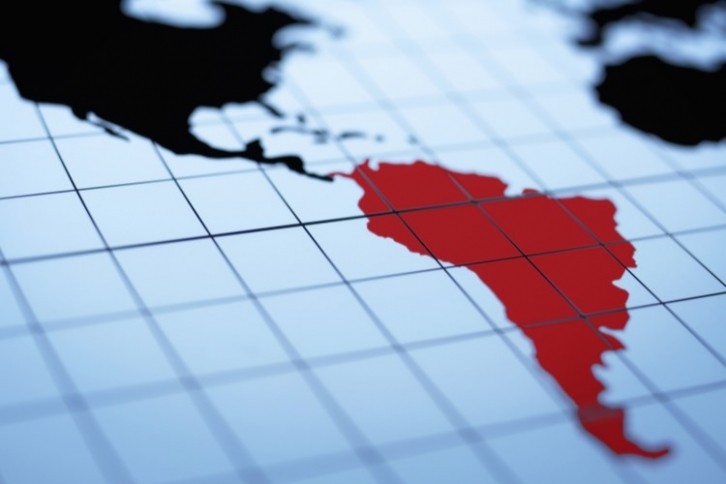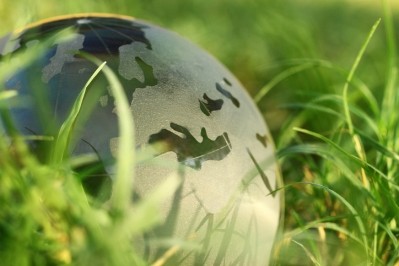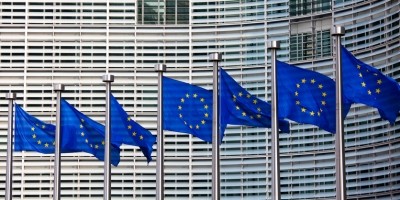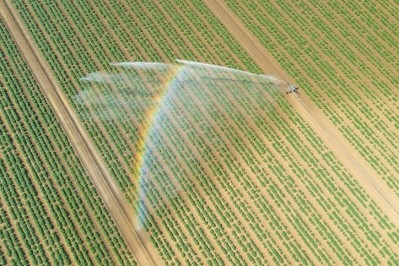‘No time to lose’: EU urged to conclude Mercosur trade talks

From wine to cheese, many European agri-food products currently face high tariffs when exported to Mercosur countries, with EU and Mercosur producers both losing out on trade opportunities. The deal, the terms of which were agreed in 2019, is yet to be ratified, however, after a push-back from trade unions, NGOs and environmental groups caused the European Parliament to push ‘pause’ on the final approval, instead passing a resolution that the FTA ‘cannot be ratified as it stands’.
More recently, in December 2023, the stage was set for the EU and the four Mercosur countries to sign the FTA in Rio de Janeiro – only for French president Emmanuel Macron to declare that the deal did not offer sufficient environmental safeguards, specifically regarding deforestation and sustainability.
The deal has sparked controversy over the years, including from the European Ombudsman who criticized the Commission for not completing a sustainability assessment.
Green MEPs Saskia Bricmont and Anna Cavezzini recently penned an op-ed on why the deal would be ‘a setback for people and planet’, explaining that the deal ‘would increase deforestation and the destruction of some of our planet’s most unique and crucial ecosystems, like the Amazon’.
The trade opportunities for EU and Mercosur exporters are significant, as it would lead to market liberalization for many of the EU’s key agri-food products. The spirits trade for example generates €180m through existing trade, but products are slapped with tariffs of between 20-35%. If the FTA comes into force, commodities such as olive oil, wine and chocolates will be quota- and tariff-free.
European dairy producers exporting cheese, milk powder and infant formula – who currently face tariffs of 28% for cheese and powder and 18% for formula – will be subject to zero-duty quotas, which would significantly ease trade with the four members of Mercosur.
The open letter, addressed to the presidents of the European Parliament, European Council and the European Commission and signed by the likes of The European Dairy Association, spiritsEUROPE, CAOBISCO and 19, states that the deal would reduce red tape and open up Mercosur’s market with over 270 million consumers to EU producers.
“It is important to recognise the huge opportunities the agreement offers, which will help maintaining a strong industrial structure in the EU, including in rural areas, and thereby to safeguard the jobs and well-being of millions of European citizens,” the letter reads.
“Given that the EU lacks substantial reserves of key raw materials necessary for the green and digital transition and the fact that a substantial proportion of global growth is expected to come from outside of the EU in the next decade, our industries need open export markets to sell European goods and services and procure raw materials at a competitive prices. The agreement is therefore an economic, social, and geopolitical imperative.”
The signatories add that the agreement provides ‘a very strong incentive and the right tools for collaboration to maintain the region’s sustainable development pledges, including the halt of illegal deforestation’ and call on political leaders to ratify the FTA ‘without further delay’.
The trade organizations who back swift ratification also highlight the geopolitical importance of the agreement, which many analysts believe could help foster even closer ties between South American businesses and China, Mercosur’s largest trading partner.
“Having the EU-Mercosur agreement in place will boost the integration of our economies and help to diversify our value chains both for imports and exports,” the letter explains.
“This is key for the competitiveness of our export-oriented sectors that create tens of millions of jobs in Europe and provide an essential contribution to the prosperity and standards of living of European citizens. It also helps to promote the EU’s open strategic autonomy in times of rising economic security concerns by partnering with like-minded countries.”











